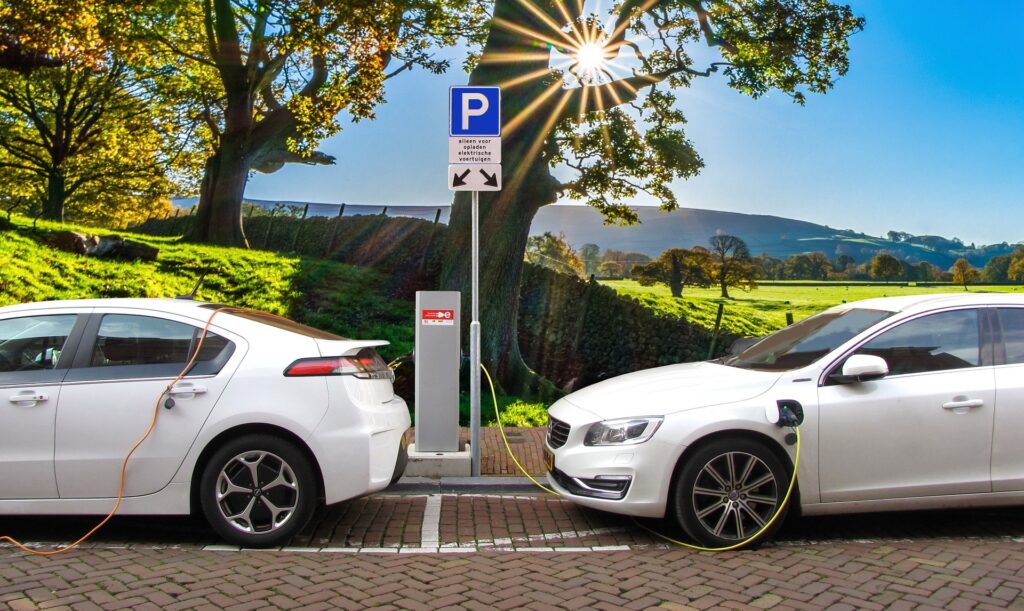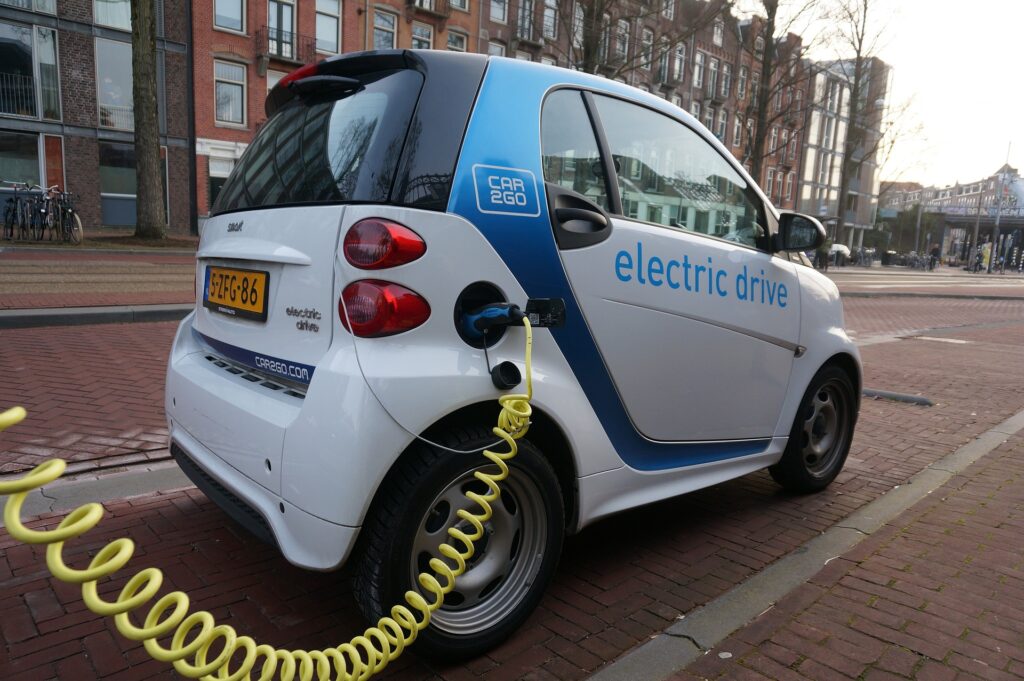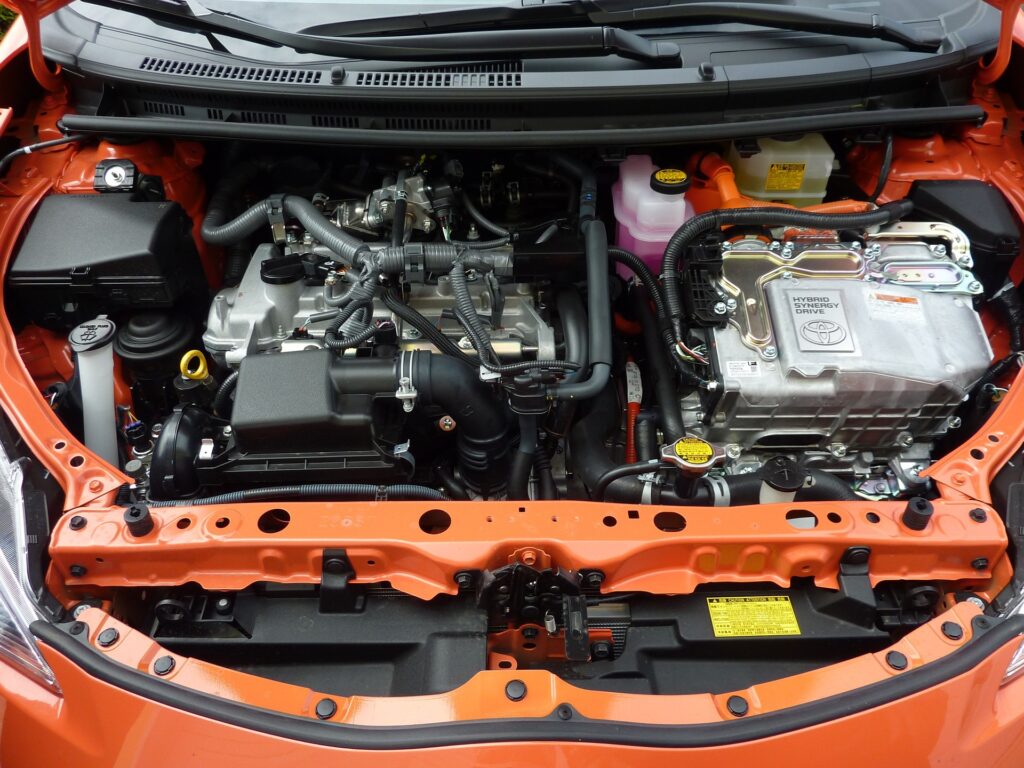You may have heard about electric vehicles (EVs) and are thinking about getting one. EVs are efficient, environmentally friendly ways to get around town, but they come with a few caveats that you should consider before committing to the vehicle that will take you from point A to B. Let’s take a look at some of the pros and cons of owning an electric vehicle so you can make an informed decision if this is right for you.


Charge on go,set ,go
EV Advantages
The first advantage to EV cars is that they are far more environmentally friendly than their gas-guzzling counterparts. EVs use no fossil fuels, so they’re causing a lot less pollution than any normal vehicle. The electricity needed to power EVs can be generated from renewable resources like wind, solar, hydroelectric or geothermal sources, meaning that even better, these vehicles are helping toward a greener planet! Another huge benefit to electric vehicles is how much money you save on fuel costs. Depending on your current car’s MPG rating, you could potentially save hundreds of dollars every year just by driving an EV instead. The basic principle behind electric vehicles (EVs) has been around since 1832 when Michael Faraday discovered electromagnetic induction while experimenting with wires wrapped around a magnet—the basis for today’s motors in EVs.
EV Disadvantages

EVs are generally more expensive than their fossil-fuel counterparts, not only because you have to replace their battery pack every 3-5 years, but also because most EVs aren’t as affordable as their ICE counterparts. And while we’re on the topic of pricey EVs, let’s discuss another potential issue—the cost to charge your EV. Most charging stations require a small fee to fill up your EV tank and these fees can accumulate quickly. For example, if you were to drive from Mumbai to Pune and back (about 300 kms) using one of best superchargers, it would cost about Rs 250 to Rs. 500 in charging costs alone.


Key Tips
Because traditional vehicle engines have been in use for so long, it’s hard to change over to something new. The greatest challenges for EV car owners today are figuring out how to charge their car and finding places to plug them in. Technology also gets outdated quickly, so you’ll want to make sure your car is up-to-date with anything that could make it faster or more efficient, such as solar cells or batteries. And lastly, EVs can be expensive! While they do cost less to maintain than gas-powered cars, they often cost thousands of dollars more than comparable gas vehicles. However, if you plan on keeping your car for a while, it might be worth looking into buying an electric model instead. Tips: Because traditional vehicle engines have been in use for so long, it’s hard to change over to something new.
Charge with Solar :True Energy Saver


